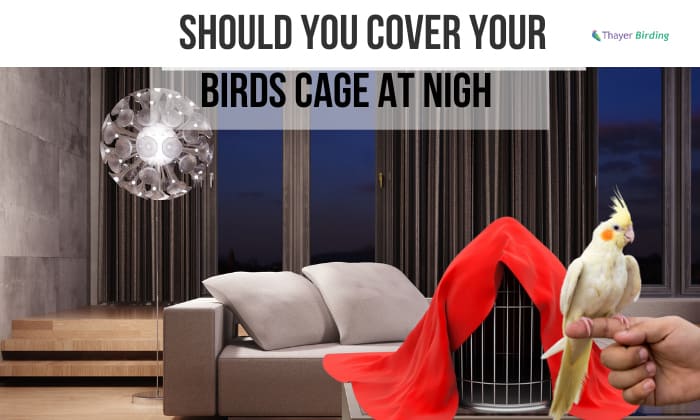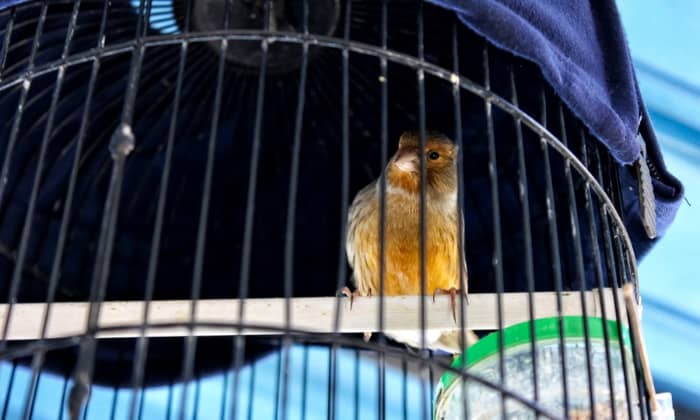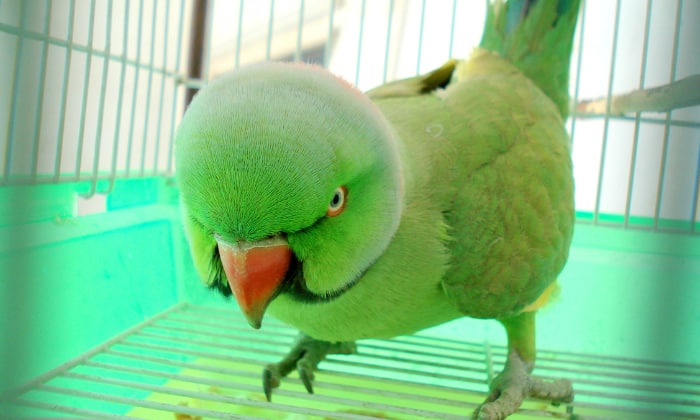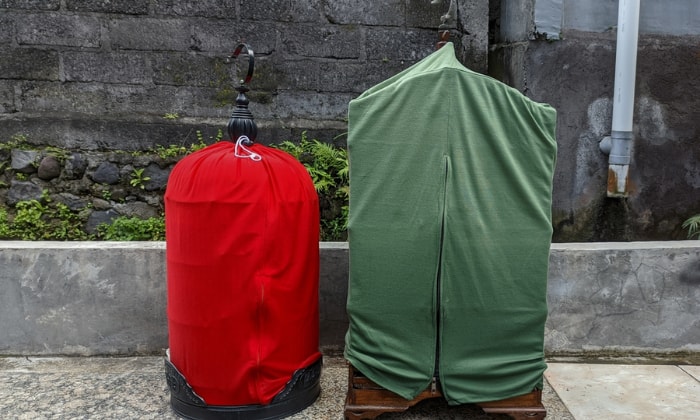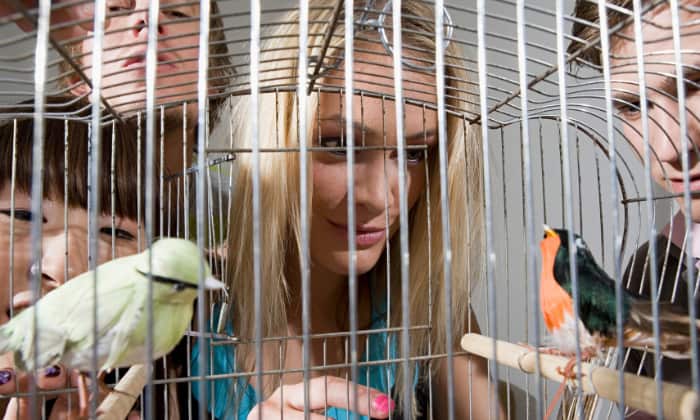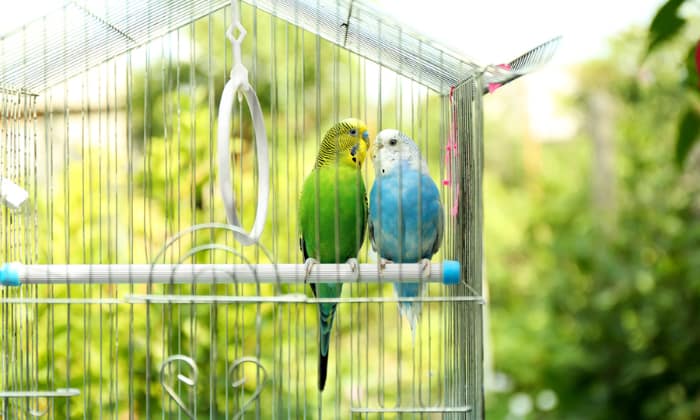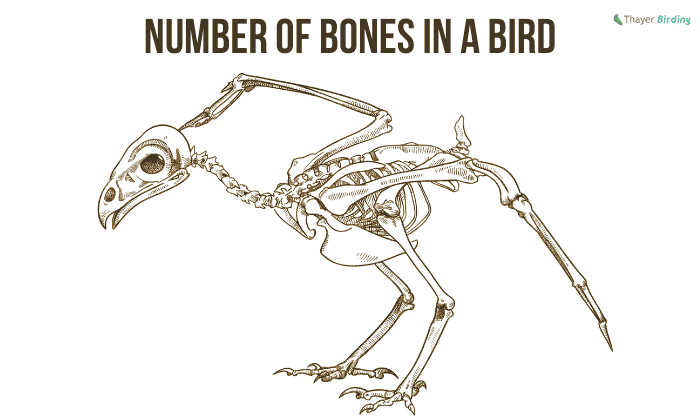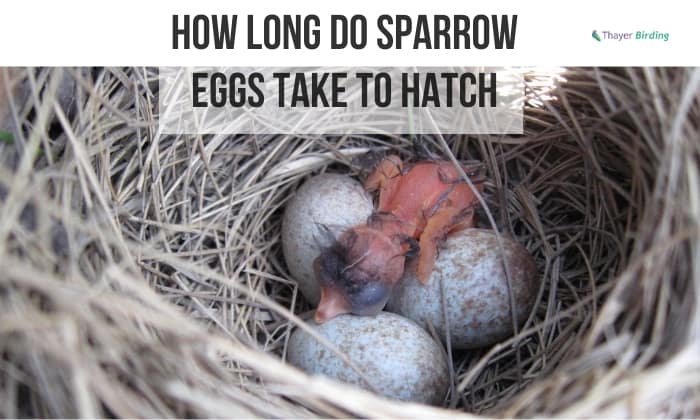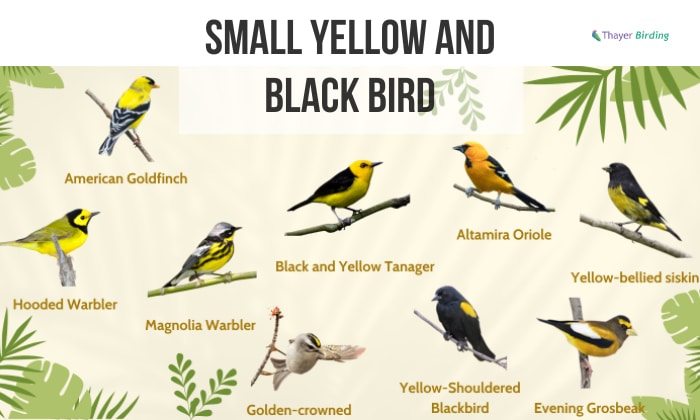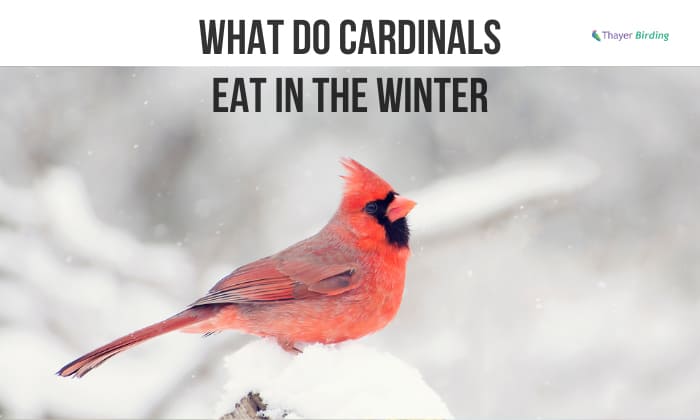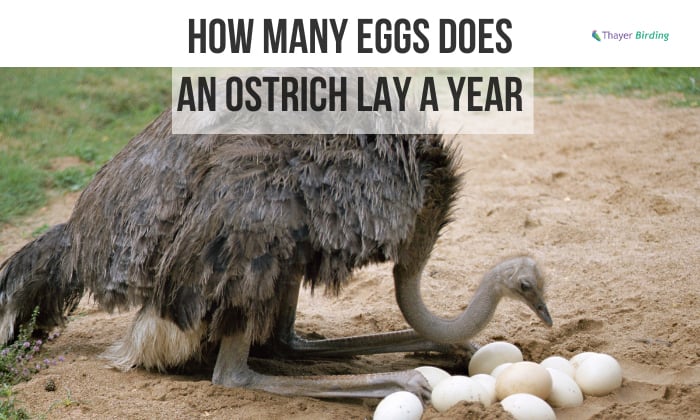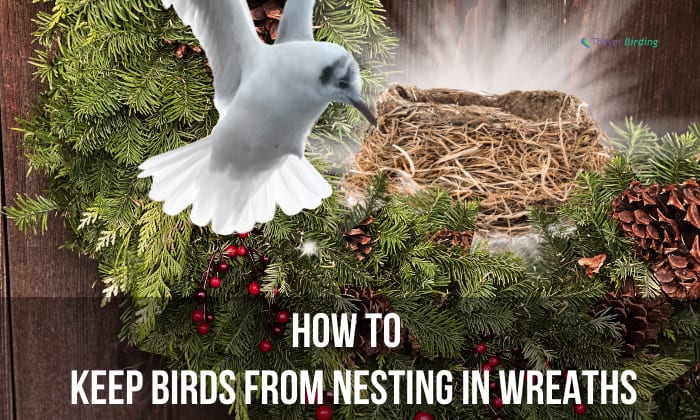Should you cover your birds cage at night? There is no definite answer to this as it varies depending on the pet and its owner. Besides, you must consider several factors, which we will discuss in this article.
We will help you come up with a suitable solution unique to your situation. Read on to understand more about covering bird cage.
Table of Contents
Why Cover Birds at Night
Many pet bird owners have considered covering their bird cage. But why? It’s because covering can be beneficial to your beloved bird.
When you cover budgie cage at night, you are providing them with a sense of security, allowing them to relax and succumb to a restful sleep.
When your birds get their required rest, they will have better overall health. This fact applies to many avians that use nest cavities, which is why many owners cover parrot and dove cages.
However, there are some cases where there is no need for a bird cage cover at night.
Instances You Should or Should Not Cover Your Bird’s Cage at Night
Depending on the location of your bird cage, plus its surroundings and preference, covering at night could be a good or bad thing. Here’s a simple list of the situations where covering the cage at night is ideal or not.
- It can help set an appropriate sleeping pattern, especially if the bird is new to your time zone.
- Keeps them warm during the cold months – Sometimes, the conventional heating system will not deliver enough to keep your bird warm and cozy.
- On occasions when there are fireworks – The cover can stifle the sound and light from the fireworks that cause stress to your bird.
- A cage blanket is also recommended if there are strong winds or bright lights from appliances in your home that prevent the bird from sleeping.
- Some birds don’t want their cage covered. Observe your pet’s behavior for any signs of fear, stress, or irritation.
- There are cases where birds become used to and dependent on having a cover. This can be problematic in the long run. It would be best to have their cage uncovered once in a while.
- If the bird is not sleeping, the cover is on, and they can reach it, there is a possibility that the bird will tear the cloth and ingest the pieces.
Factors to Consider Before Covering
Coming up to a decision of covering a bird cage is not the only thing you should tackle. There are other important factors to consider before you go for it.
- How do I know if my bird cage needs cover or not?
Try leaving your bird’s cage uncovered for a night or two to assess their reaction to the environment around them. Most birds will have no problem with this as long as they are in a dark and quiet space in your home.
However, if they show signs of agitation without the covers, it would be best to invest in a PetSmart bird cage cover. This is also the best option if you were unsure how your bird would react to an uncovered cage at night.
How to Cover Bird Cage at Night and Alternatives to Covering
Unless they are nesting eggs or keeping some younglings warm, birds do not need a nest to sleep. But it is still important to ensure that your pet bird is comfortable when slumbering.
If you have decided that covering their cage is the best course of action for your bird’s wellness, keep some of these tips in mind:
- Opt for light and breathable fabric as your bird cage cover for night so that air can still pass through the enclosure. Canvas and polyester are popular choices due to their ease of maintenance and adequate ventilation.
- Leave one side of the cage open without a cover and place it at a distance away from a wall.
- Regularly clean the cover to remove dust and dirt and ensure cage hygiene for your bird.
- Having a cage cover doesn’t mean you are free to turn up the volume of your TV or music at night, especially if the bird cage is in the room.
- Never treat covering as a punishment for the bird’s loud and annoying screams.
Aside from a top cover, you should also use bird cage bottom covers to make cleaning leftover seeds and spills easier.
For those who don’t know what to use to a make bird cage cover, a single-layer, breathable piece of fabric like a bed sheet is probably better than a blanket.
You should also make sure the sheet keeps light out without being easy for birds to tangle their claws in.
Other alternatives for covering would be to purchase a soundproof bird cage and an electric heater with temperature adjustment and auto-shutoff features. Some fleece fabric that lines the cage may also keep your bird warm.
Frequently Asked Questions
Do lovebirds need to be covered at night?
Lovebirds require a special place where they can comfortably rest, especially at night. It is highly advisable to cover their cages at night. This will limit disturbances and prevent drafts from causing a nuisance to the birds.
At what time should I cover my bird’s cage?
Avians follow a circadian rhythm, which makes them night sleepers like humans. You may have the bird cage covered with night approaching, as long as it is dark outside.
How many hours do birds sleep?
Birds sleep in a cage for approximately 10 to 12 hours every night. This number could vary depending on the season.
Birds sleep more in the winter, since there is not much to do and they have to preserve their energy. In the summer, they sleep less since the weather is warmer and there is more food.
Where should I put my bird cage?
There are several things to keep in mind when looking for the ideal place to put your bird’s cage:
- Don’t place it too high or too low. Chest level is the right choice.
- Find a place with two walls and away from windows. This will allow the bird to hide from potential danger.
- Don’t put them in the kitchen, near air conditioning or heaters. Rapid temperature changes can be harmful to your bird.
A bird cage outside is okay as long as it is secure to protect the bird from the weather and predators.
Can birds sleep with lights on?
Birds sleeping during the day is normal, especially when they are tired, as it is a behavior referred to as cat napping.
Parrot sleeping during day time might make us think it is okay for birds to sleep with the lights on at night. And it is true, to an extent. There is a study conducted that showed birds prefer a bit of light at night as opposed to constant darkness.
However, birds sleeping under lighting will wake up earlier and may spend more energy.
What to cover bird cage with?
Any dark-colored cloth can work as a DIY bird security blanket to cover their cage. Opt for breathable cotton, fleece, or polyester fabric free of any toxic dyes.
How big of a cage do parakeets need?
The perfect bird sleep cage dimension for a parrot is 20 inches long and 18 inches in depth and width. This will provide them with enough space to move around comfortably.
Conclusion
After reading everything, you now know the answer to “Should you cover your birds cage at night?” We also shared information on how and when to cover a bird cage and other important and frequently asked questions regarding this topic.
We hope this article is helpful and enlightening to all would-be bird owners who are curious about covering their bird’s cage with blanket at night. Do you have additional tips and tricks to impart? We are always open to reading them, so share them in the comment section!

George and I became friends after a birdwatching trip with our new group. And we have been enjoying every adventure together. When he told me the idea of establishing a site that shares our experiences and fun, I immediately agreed. After trials and errors, here we have Thayerbirding.


